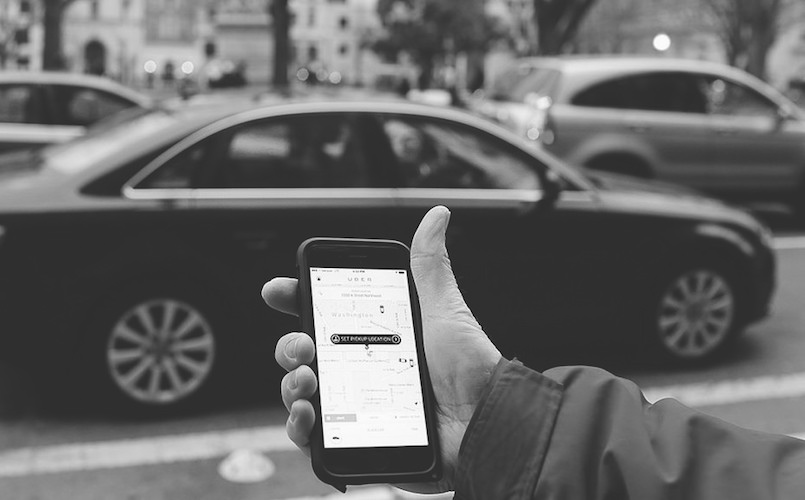Ride sharing services like Uber and Grab can now innovate in something close to a free market in Indonesia after the nation’s Supreme Court lifted the government’s regulations on the app-based businesses, laws that were introduced due to pressure from stakeholders in “conventional” forms of public transportation, such as taxis.
Earlier this year, the Transportation Ministry began enforcing Ministerial Regulation no. 32/2016 (and its 2017 revision) to essentially “level the playing field” between ride-sharing apps and regular taxis by forcing the apps to increase their fares as well meet the government’s specification standards for public transportation vehicles, among other constraints.
In May, drivers for ride-sharing apps throughout Indonesia filed for a judicial review of the regulation with the Supreme Court. As was widely reported in the media today, the court agreed to erase 14 essential articles in the regulation as they were deemed to be legally contradictory to the Law on Micro, Small, and Medium Enterprises, as well as the Law on Road Traffic and Transport.
Most notable among the articles that were erased were Articles 5 and 19, which regulated ride sharing services’ fares based on regional minimum and maximum tariffs. With the articles gone, fares for ride-sharing services can be determined solely by the service giver in accordance with the public’s demand.
In addition, the government’s vehicle specification standards no longer apply, and ride-sharing vehicles can now be privately owned as opposed to them having to be owned by a legally registered commercial body, as previously regulated by the government. There is also no longer a limit on the number of ride-sharing vehicles that can operate in any given region, as well as regional constraints as to where the vehicles can operate in Indonesia.
The judges, which were comprised of H Supandi, Is Sudaryono, and H. M. Hary Djatmiko, reasoned that the existence of ride-sharing services are a natural consequence of technological advancement and the demand for a cheap and timely public transportation option. They also opined that ride-sharing services should be able to operate as a democratic free market as they have been able to turn create a competitive market in the public transportation industry, which was previously controlled by only a handful of stakeholders.
As stated in the case records found on the Supreme Court’s official website, the judges approved the judicial review on June 20 and forwarded their decision to the Transportation Ministry on August 1 for enforcement.
Transportation Minister Budi Karya Sumadi said his ministry has until November 1 to fulfill the Supreme Court’s decision, but admitted that they may look into other avenues to prevent the lifting of the regulations.
“I am still studying the Supreme Court’s decision, but it’s clear that the ministry will respect the Supreme Court’s decision. However, because this involves the general public, we will also look for ways out so that other companies won’t suffer losses,” he said, as quoted by CNN Indonesia yesterday.
The Supreme Court’s decision is unlikely to go down well with those involved in the regular taxi business. Before the enforcement of the Transportation Ministry’s ride sharing regulations, there were large scale protests by taxi drivers across the country, including one in Jakarta last year that descended into a full blown riot.




